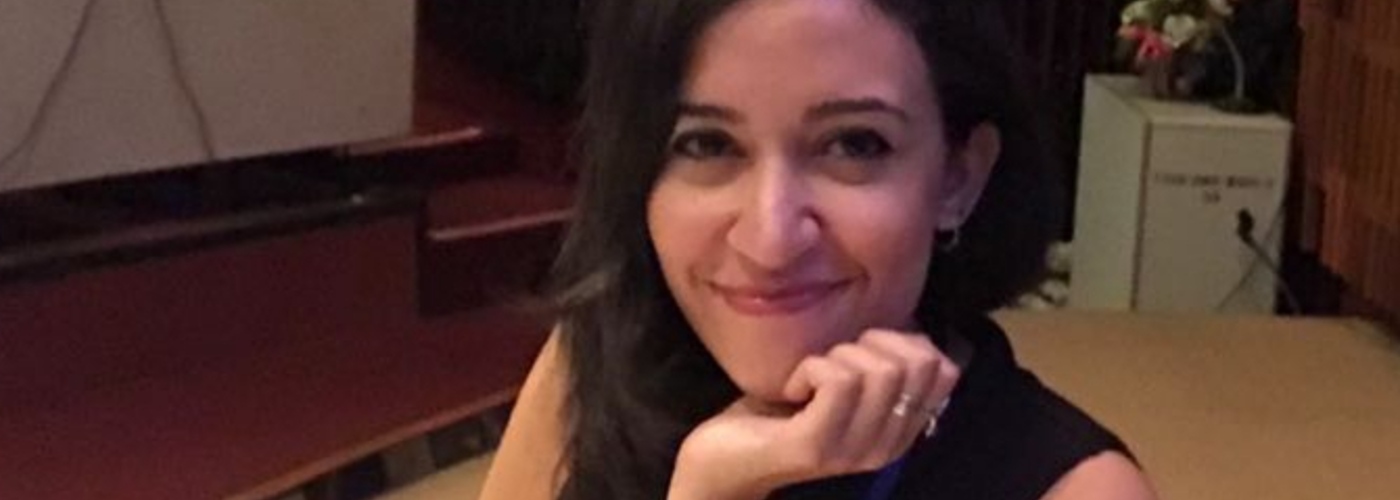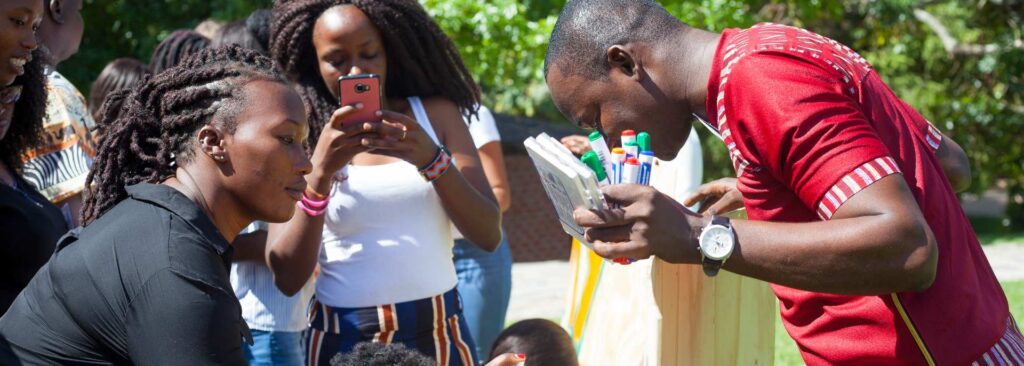A revolution, Covid-19 and the massive explosion of August 2020 have led to a severe economic crisis. But the impact of these events reaches far beyond the economy. The sexual and reproductive health and rights of adolescent girls and young women from marginalized groups are also heavily affected. Sara Abu Zaki, the acting Executive Director of the sexual health center Marsa in Lebanon, explains why and what is needed to address the problem.
Can you give us a brief overview of what has been happening in Lebanon over the past few years?
In October 2019, the Lebanese population began a revolution against the country’s corrupt political elite. Starting in March 2020, the state used lockdowns to control the spread of Covid-19 as an excuse to crack down on the protests and restrict civic space .
The economic crisis escalated rapidly after the start of the revolution and was only aggravated by the pandemic. As a result, the local currency fell to an all-time low of less than 80 percent of its value, and unemployment rose sharply while many locally-owned businesses closed. It is estimated that more than 60 percent of residents in Lebanon are now living under the poverty line.
To make matters worse, on August 4, 2020, there was a massive explosion at the port of Beirut. A large portion of the city was destroyed, and more than 200 people lost their lives. Around 300,000 individuals are estimated to have lost their homes. Its impact has not lessened, even more than a year later. Everyone is traumatized and suffering, and there has been no accountability as of yet.
What impact have these crises had on sexual and reproductive health and rights?
The sexual and reproductive health and rights of women, girls, LGBTIQ+ people, refugees, and migrants have been largely overlooked. Although never high on any public policy agenda, now their rights are even further down the list. The economic crisis has made access to sexual and reproductive health services – including family planning – more difficult. And menstrual products have become much more expensive, with girls and young women struggling to afford them.
Many members of the LGBTIQ+ community were forced to quarantine in abusive and/or homophobic or transphobic households, greatly increasing the risk of domestic violence. Shortages in medical supplies have led transgender persons to adjust or discontinue their hormone therapy. And the high prices of condoms and lack of pre-exposure (PrEP) and post-exposure (PEP) treatment has increased susceptibility to HIV and other sexually-transmitted diseases
What does Marsa do to address these issues?
All of the groups I mentioned are experiencing enormous challenges just getting basic needs like food, housing, and healthcare. My organization, Marsa, is a sexual health center. Since the escalation of the crises, and particularly after the explosion, we have received countless requests from members of our community asking for financial support or food aid. This prompted us to work with other civil society organizations beyond our usual scope of activities and provide basic aid to those most in need.
What is needed in Lebanon?
We believe it’s essential to involve grassroots organizations in the design and implementation of programs to help their communities. This also means letting the rightsholders themselves set priorities and develop and carry out activities. This close engagement will ensure greater impact thanks to the contextual knowledge and lived experiences of rightsholders.
There is actually a program that does this. It’s We Lead, in which Marsa is a partner together with Hivos, Positive Vibes, Restless Development, FEMNET and the Central America Women’s Fund. In We Lead, adolescent girls and young women receive support to take full ownership of the program and advance their sexual and reproductive health and rights.
I’m convinced that expanding this and similar programs will not only increase our effectiveness, but will also support the growth and momentum of grassroots movements that catalyze social change and progress.






